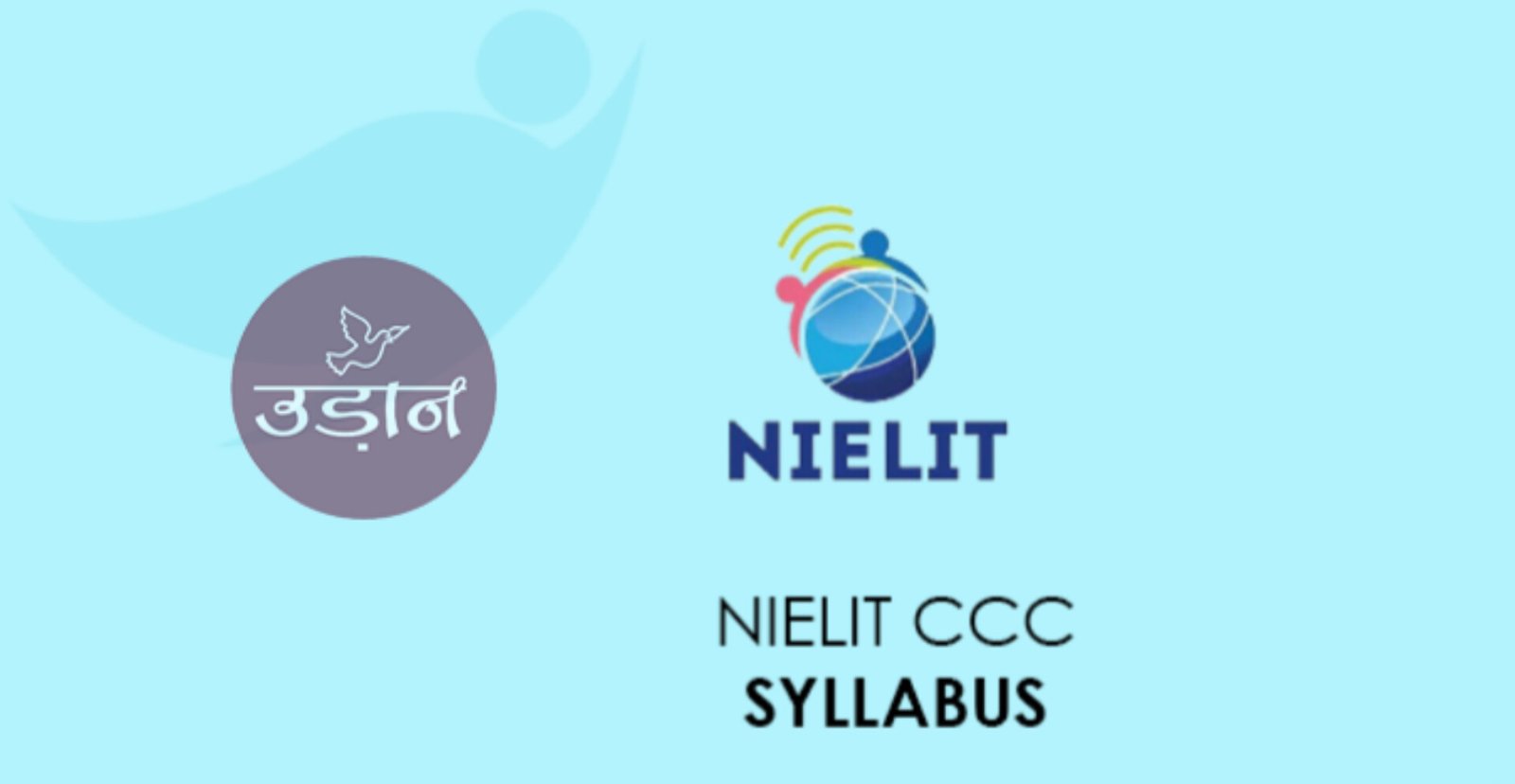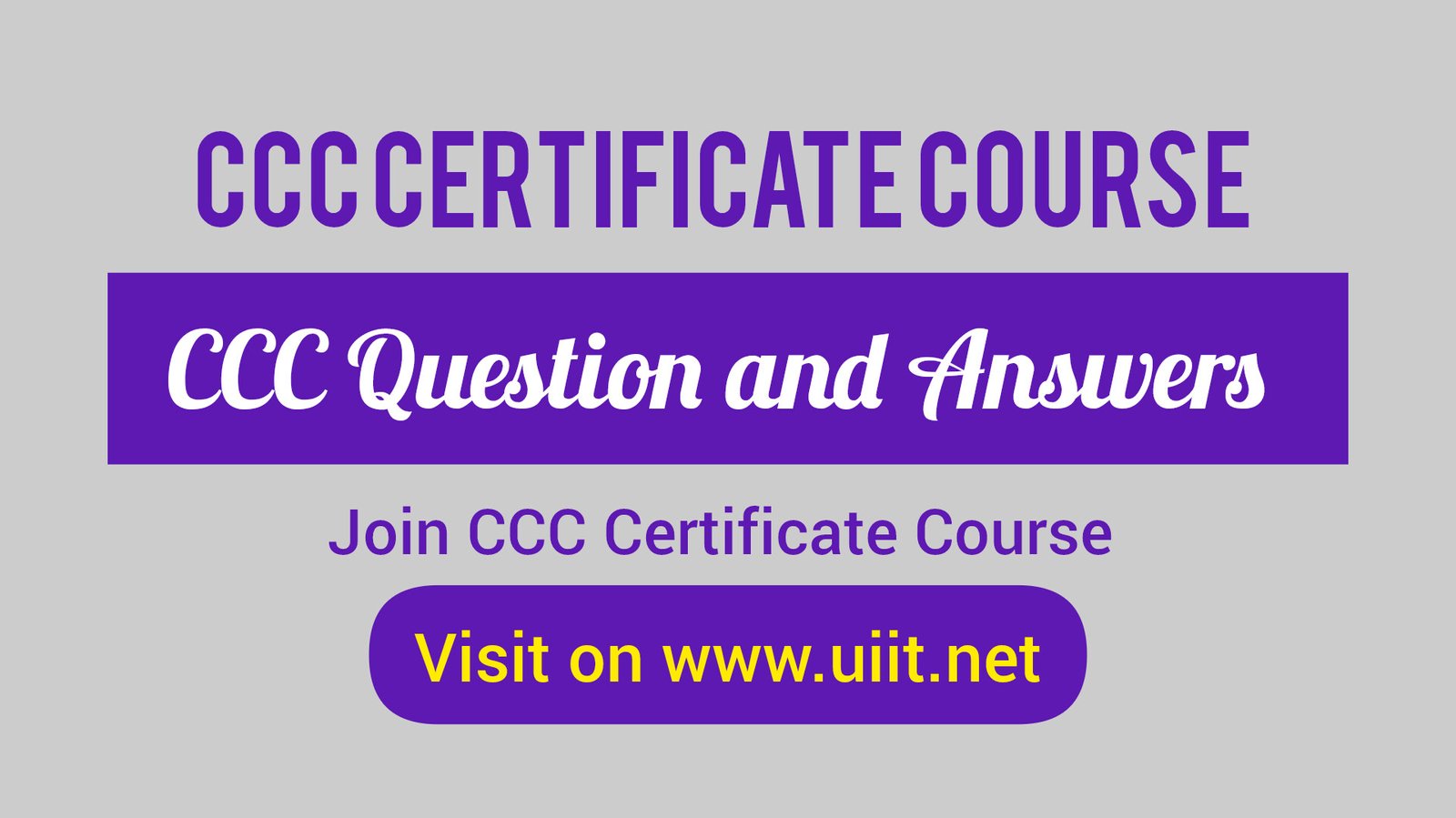The Nilet CCC 2025 syllabus refers to the course content for the Course on Computer Concepts (CCC) exam, which is conducted by the National Institute of Electronics and Information Technology (NIELIT). This course is typically designed to provide fundamental knowledge of computer concepts, including basic computer operations, software applications, and their practical usage.
While the exact syllabus for 2025 may be updated, the general outline for the CCC exam (based on previous years) usually includes the following major topics:
1: Introduction to Computers
– Definition and types of computers
– Components of a computer system
– Functions of hardware and software
– Types of software (system software, application software)
– Input and output devices
2: Operating System (OS)
– Concept of operating systems
– Windows OS: Basics of Windows environment (start menu, taskbar, file management)
– File handling (creating, deleting, renaming files/folders)
– Disk management
– Working with control panel, utilities

3: Word Processing (MS Word/Libre Office Writer)
– Creating, editing, formatting documents
– Text formatting (font style, size, color, etc.)
– Inserting tables, images, and other objects
– Page layout, headers/footers, and printing
– Working with templates, mail merge
– Spreadsheets (MS Excel/Libre Office Calc)
– Basics of Excel: creating, editing, and formatting spreadsheets
– Formulas and functions (SUM, AVERAGE, COUNT, etc.)
– Working with charts and graphs
– Sorting and filtering data
– Data analysis tools like Pivot Tables
5: Presentation Software (MS PowerPoint/Libre Office Impress)
– Creating and editing presentations
– Slide layouts, themes, and designs
– Adding text, images, graphs, and animations
– Slide transitions and timings
– Preparing for presentation delivery
6: Internet and Web Technology
– Basics of the Internet and web browsers
– Web browsing (search engines, website navigation)
– Internet safety and security
– E-mail concepts, attachments, and etiquette
– Social media basics and usage
7: E-mail, Social Networking, and e-Governance:
This module explores email communication, social media platforms, and e-governance services, including their benefits and potential risks.
8: Digital Financial Tools and Applications:
This section covers various digital financial tools and applications, including online banking, mobile payments, and online transactions.
9: Overview of Future Skills & Cyber Security:
This module introduces emerging technologies, future skills, and basic cybersecurity concepts.

